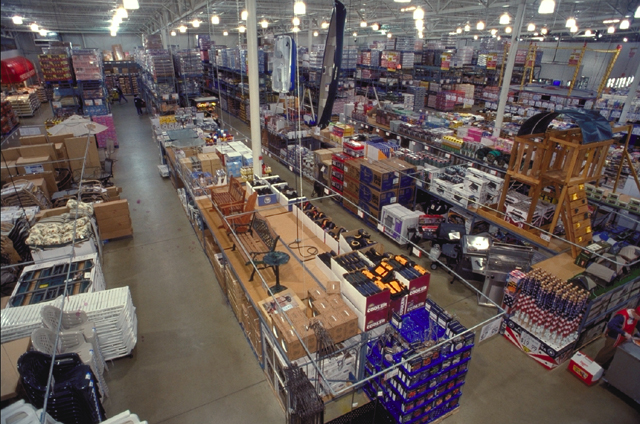
Starting and running a wholesale business can be both rewarding and challenging. As industry insider George Bardwil can tell you, like any business that runs on sales and customers, savvy wholesalers need to be part fortune-teller, part tech, part customer service, and part money-manager. Here are some tips to help you keep it all in balance.
Get current with technology
Given the notorious challenges involved in placing orders, managing billing and arranging on-time delivery, any wholesaler who is able to streamline the process is going to come out ahead of the pack. In the current technological environment, everyone expects to be able to order, pay, and confirm delivery online or through their devices and there is no reason to let your competition make this possible for retailers before you do.
Focus on customer service
A wise investment in technology to allow for automation of ordering and other issues will allow your sales reps to escape their desks more regularly to make visits to existing and potential clients. Armed with tablets instead of catalogues, your service team can show clients exactly what they want to see almost immediately. Equally important, your reps can spend some time listening to customer concerns and wish-lists. One of the great advantages of technology is that it will allow your sales staff to focus on the tried and true method of conducting business – creating personal relationships – rather than on completing paperwork.
Pay attention to trends
Whether economic, technological, fashion-oriented or political, you should be paying attention to trends that might have an impact on your industry or on the continued solvency of your retail customers. Fashion and preferences change, and if you are paying attention, you can be at the ready to supply your customers with what they need just as they realize they need it. Similarly, trade relations, customs deals, and international events can have an impact on your supply chain or on the availability or affordability of products that you supply. In that case, with some quick thinking you can locate new supply sources or alternative products for your clients to avoid disruptions.
Keep an eye on credit
Unfortunately, there may be situations in which you have to pay your supplier but you are having trouble getting paid yourself. Often, this is because there is a mismatch of expectations or payment terms – customers may ask for a longer payment term from you than you have from your supplier. It is also sometimes the case that retail customers order a significant portion of your inventory, leaving you vulnerable to significant shortfalls if there are payment problems. The best way to avoid these sorts of problems is to have a very well-defined credit policy, and to check the credit history of your clients. You can also include a system of alerts in your automatic billing systems to flag situations that may need your personal attention (overdue accounts, excessive purchases, etc.).
Paying attention to these basic issues will help you to maintain and attract new customers by providing efficient and reliable service, attentive customer service, and the ability to quickly meet changing demands.